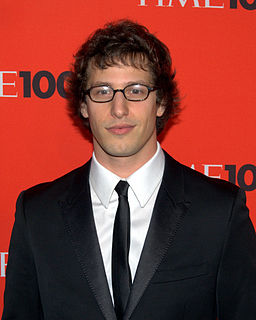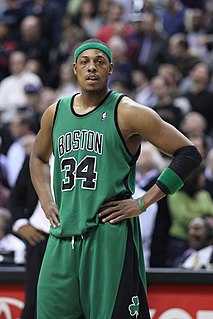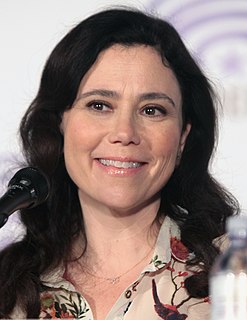A Quote by Robert J. Sawyer
The only shows that Americans watch in big numbers are shows about lawyers, doctors, or cops... People don't tune in to watch scientists unless they are forensic scientists.
Related Quotes
This is really funny, but we did a study of the occupations of female characters on TV, and there are so many female forensic scientists on TV because of all the CSI shows and Bones and whatever. I don't have to lobby anybody to add more female forensic scientists as role models. There's plenty.In real life, the people going into that field now are something like two-thirds women.
I think that the difference between 'The Sopranos' and the shows that came before it was that it was really personal. There had been a lot of dramas, a lot of really good ones, a lot of really bad ones, but they were always franchise shows about cops, or doctors, or lawyers. They weren't about the writer himself.
I think that the difference between The Sopranos and the shows that came before it was that it was really personal. There had been a lot of dramas, a lot of really good ones, a lot of really bad ones, but they were always franchise shows about cops, or doctors, or lawyers. They weren't about the writer himself.
The government employs scientists of many varieties in technical capacities, from estimating the environmental toxicity of a chemical to the structural soundness of a bridge. But when it comes to forming policies, these scientists and, especially, behavioral scientists are rarely at the table with the lawyers and the economists.
The word smart is not applied to all professions, even if you are smart in that profession. No one talks about smart lawyers. They may say a brilliant lawyer. They'll talk about a creative artist. Smart is saved for scientists. It just is. It's not even really applied to medical doctors. It applies to scientists in the lab figuring out what hadn't been figured out before.





































